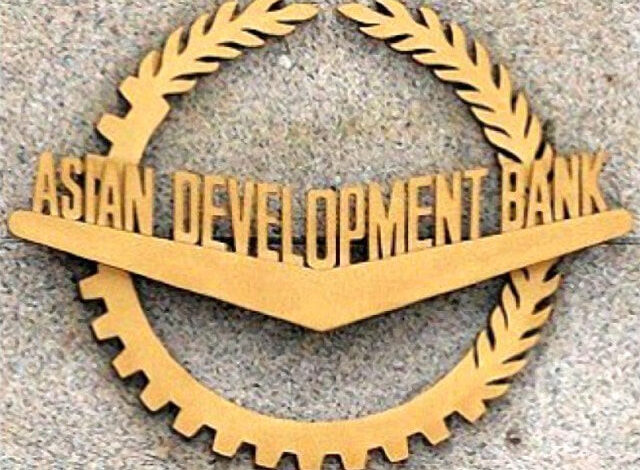On June 3, the ADB board convenes to approve the $800 million Pakistan package.

In response to India’s request for five days to review the loan documents, the Asian Development Bank (ADB) delayed approving a $800 million funding package for Pakistan, revealing shortcomings in the lender’s rulebook that permits such extensions.
The ADB board meeting has been scheduled for May 28th to approve the $300 million budget assistance loan and an additional $500 million in guarantees to secure international commercial loans, government officials told The Express Tribune.
Pakistan was notified beforehand that the meeting would not be held on Wednesday. The government officials also announced that the meeting has been rescheduled for June 3.
The ADB board meeting was originally set for May 28 but was postponed for five days at the request of the Indian executive director, according to Economic Affairs Secretary Dr. Kazim Niaz, who was contacted.
According to the secretary, any director may request a one-time extension of the date under ADB regulations, and India benefited from this provision. A request for comment on the development was not answered by the ADB country office.
After failing to stop the International Monetary Fund from approving the second loan tranche of $1 billion, India took this action. The ADB’s delay emphasizes the need for proactive measures by Pakistan’s officials at the World Bank, IMF, Asian Infrastructure Investment Bank, and ADB to safeguard the nation’s economic interests.
India has begun pushing against Islamabad’s economic interests after losing to the military in combat. Pakistan’s plans for external funding have not been affected by the five-day delay, and following the board’s approval on June 3rd, the funds are anticipated to start flowing into the central bank’s accounts.
The government should lessen its reliance on foreign loans, especially budget support loans, according to independent economic specialists. The $800 million package from the ADB will be used to increase foreign exchange reserves; it is not intended for any kind of development.
Dr. Niaz claimed that since the extension was permitted by ADB regulations, neither the federal government nor its nominee on the board had lapsed. He claimed that the government raised the issue with the ADB’s top level after India requested a postponement of the board meeting.